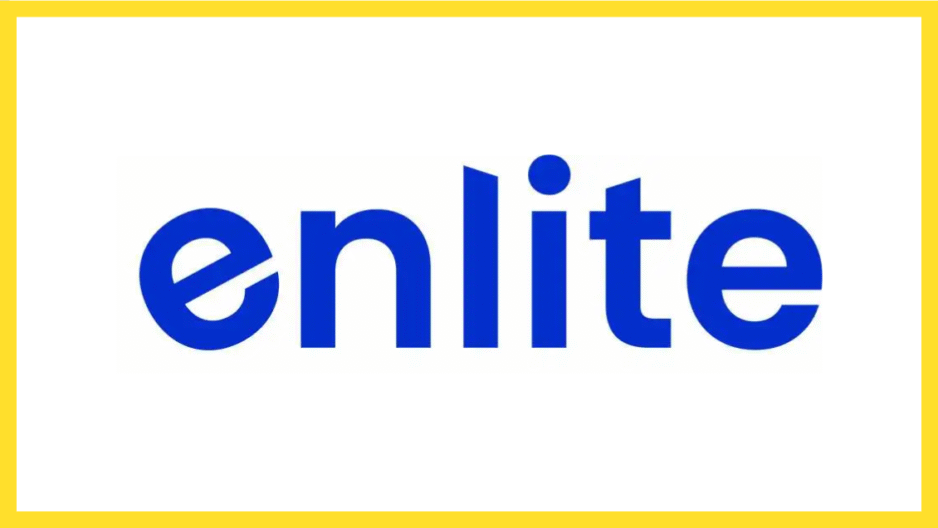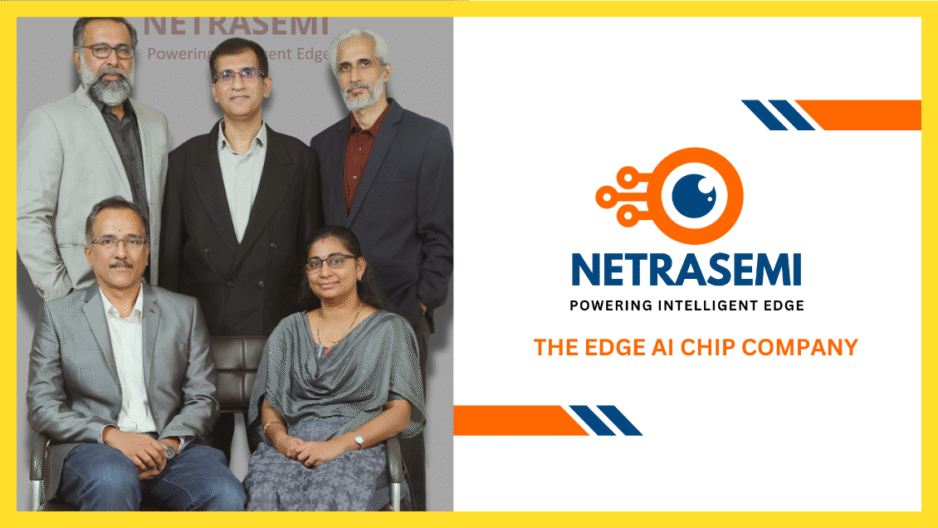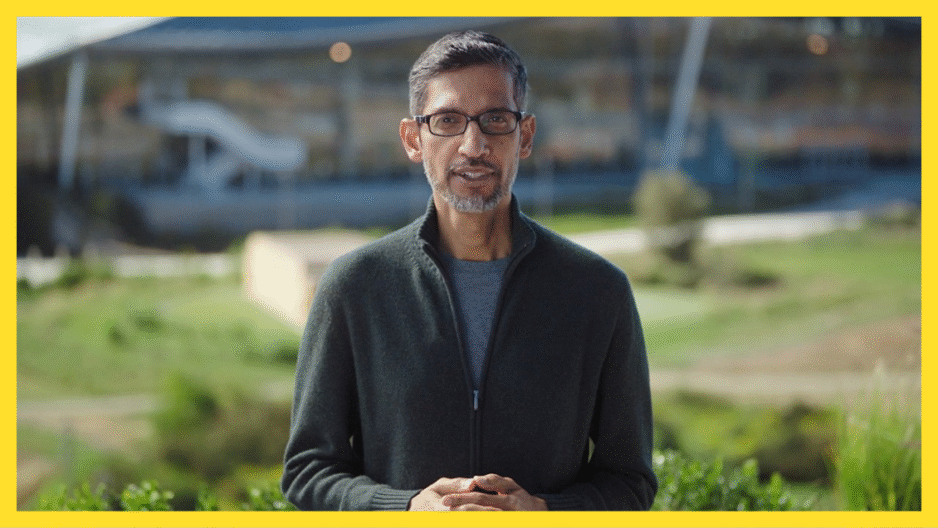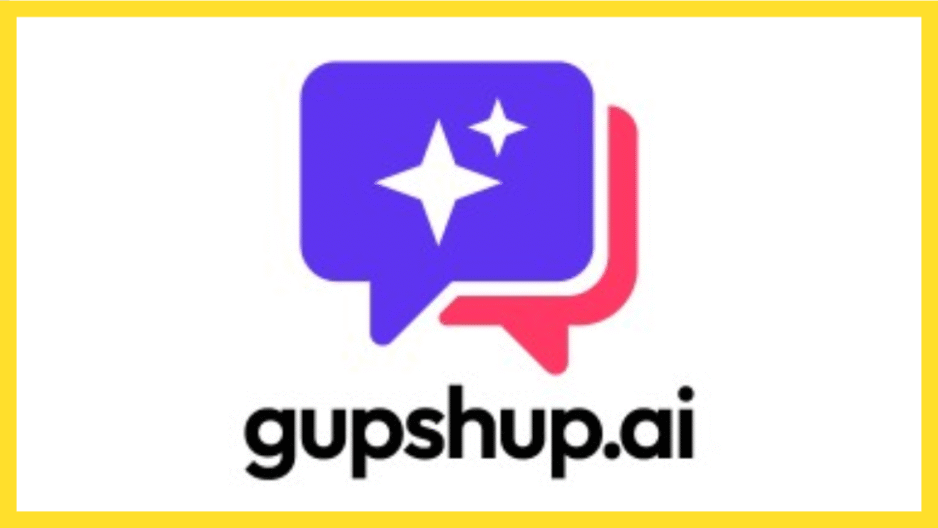In July 2025, Meta Platforms made a bold move by hiring Shengjia Zhao, one of the key minds behind ChatGPT and GPT‑4, as the Chief Scientist of its newly launched Superintelligence Labs. This marks a major step in Meta’s race toward artificial general intelligence (AGI), putting it in direct competition with OpenAI and Google DeepMind.
Who Is Shengjia Zhao?
Zhao did a bachelor’s degree at Tsinghua University and a PhD in computer science at Stanford University.
Shengjia Zhao is a renowned AI researcher best known for his work at OpenAI, where he co-authored the research paper behind ChatGPT. He also contributed significantly to the development of GPT‑4, compact models like GPT-4.1 and o3, and OpenAI’s o1 reasoning model, which sparked the “chain-of-thought” revolution in AI.
One of his most important ideas was a “new scaling method”, used in OpenAI’s o1 model—a system designed to solve complex problems using reasoning, much like a human brain.
What Is Meta Superintelligence Labs?
Launched in June 2025, Meta’s Superintelligence Labs is a new research division dedicated to creating superintelligent AI systems. Unlike Meta’s existing FAIR unit, this lab is entirely focused on Artificial General Intelligence AGI—scaling up models, building novel architectures, and pushing the frontier of AI research.
Meta has invested billions of dollars into this initiative, including infrastructure, AI talent acquisition, and open-source research.
We are excited to announce that @shengjia_zhao will be the Chief Scientist of Meta Superintelligence Labs!
— Alexandr Wang (@alexandr_wang) July 25, 2025
Shengjia is a brilliant scientist who most recently pioneered a new scaling paradigm in his research. He will lead our scientific direction for our team.
Let's go 🚀 pic.twitter.com/D93KQWIvFl
Zhao’s New Chapter at Meta
In mid-2024, Meta took a big leap by launching its Superintelligence Labs, a new unit focused on building advanced AI systems. Right from the start, they brought in Shengjia Zhao as the Chief Scientist. He will now work with Mark Zuckerberg and Alexandr Wang, Meta’s Chief AI Officer. Interestingly, Zuckerberg didn’t just welcome him—he referred to Zhao as a “co-founder” of the lab, showing how central he is to this mission.
Zhao’s main job is to guide the lab’s research, help improve Meta’s Llama AI models, and lead the push toward developing smarter, more human-like AI tools.
Why This Matters
Zhao brings credibility and clarity: With a track record of actual breakthroughs, his presence makes Meta’s AGI mission more credible.
Meta is back in the AGI race: After mixed results with LLaMA 4, Meta is repositioning itself as a serious player.
Talent wars are heating up: By pulling top talent from OpenAI, Google, and Anthropic, Meta is signaling its aggressive intent.
Final Thoughts
With Zhao leading the charge, Meta is not just building another AI lab—it’s crafting a bold new future. His deep research background, combined with Meta’s scale and vision, could unlock the next era of intelligent systems. Whether you’re a developer, entrepreneur, or just an AI enthusiast, this is one story you’ll want to keep an eye on.
Read More: iq.wiki, Mint, TOI, CNBC










